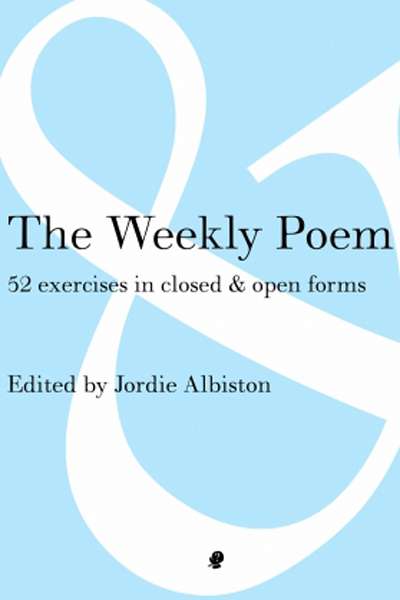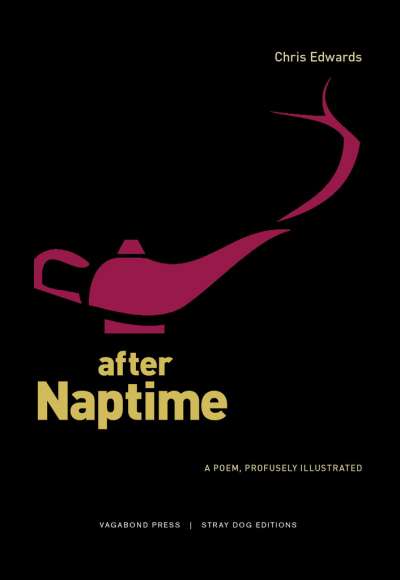Accessibility Tools
- Content scaling 100%
- Font size 100%
- Line height 100%
- Letter spacing 100%
Australian Poetry
The ABR Podcast
Released every Thursday, the ABR podcast features our finest reviews, poetry, fiction, interviews, and commentary.
Subscribe via iTunes, Stitcher, Google, or Spotify, or search for ‘The ABR Podcast’ on your favourite podcast app.
‘Where is Nancy?’ Paradoxes in the pursuit of freedom
by Marilyn Lake
This week on The ABR Podcast, Marilyn Lake reviews The Art of Power: My story as America’s first woman Speaker of the House by Nancy Pelosi. The Art of Power, explains Lake, tells how Pelosi, ‘a mother of five and a housewife from California’, became the first woman Speaker of the United States House of Representatives. Marilyn Lake is a Professorial Fellow at the University of Melbourne. Listen to Marilyn Lake’s ‘Where is Nancy?’ Paradoxes in the pursuit of freedom’, published in the November issue of ABR.
Recent episodes:
Towards the equator: new and selected poems by Alex Skovron
The Weekly Poem: 52 Exercises in closed and open forms edited by Jordie Albiston
Angels are made from banksia. They are grown in Prague, are
Exported in all directions, and turn grey in air. They
Only fly in places where the ground is hard. If
You try to count them they turn into numbers. If
You try to call them they turn into names. They
Are not decorative at parties but illustrative, of Guernica, for example
It is a kind of sleep we must learn,
seasonal as spiders, our bodies
weights no web can hold.









